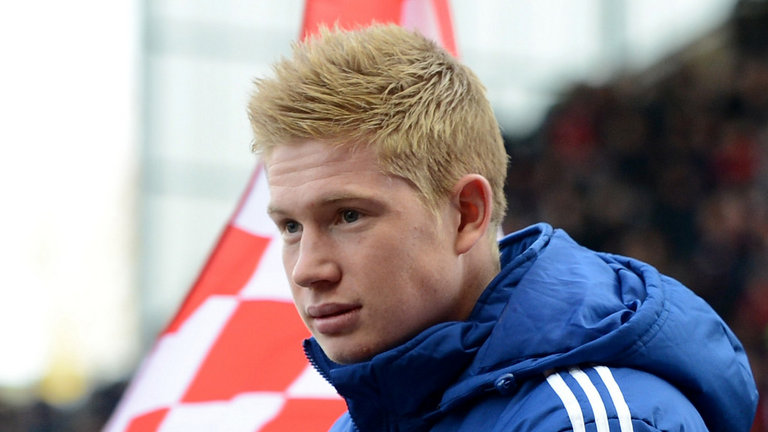
Ever since the inception of The Premier League, and the ever increasing TV deals that went with it, the transfer market has been transformed beyond all recognition.
You only need to look at the fees paid by Manchester City and Manchester United this summer to see where we are at.
On Anthony Martial, Manchester United spent an initial £36m (rising to a potential £58m) on a 19 year old who, until two weeks ago, wasn’t even a full international for France.
And Manchester City have celebrated the recent lifting of financial constraints by UEFA to spend around £100m on Raheem Sterling and Kevin De Bruyne – both very talented players but without a medal between them.
It’s fair to say that the football market has not only gone crazy and that it increasingly favours the clubs with the most money.
In today’s market a player of Alan Shearer’s quality simply wouldn’t be playing for Newcastle and Southampton would find it impossible to hold on to Matt Le Tissier for a whole career. The cream rises to the top like never before and we believe that it is ruining football.
And reports today suggest that a growing faction of people in football agree. The BBC says:
A legal challenge is being made to football’s transfer rules that could change the professional game forever.
World players’ union Fifpro believes the global transfer system – in place since 2001 – breaches basic European Union competition law.
The players’ union is arguing that neither the interests of players or clubs are being served by the current system, which has no caps on transfer fees.
They argue that it is making the game more imbalanced than ever as only a few clubs in the elite are able to sign the top tier players. This leaves the rest increasingly unable to challenge for serious silverware.
It’s hard to disagree with this theory as clubs like Real Madrid, Barcelona and Manchester City continue to hand pick the best players in world football, while the others can do little but watch on. And, as their scouting systems improve, the smaller clubs are losing their best youngsters at an earlier age for less money.
Perhaps the draft system, used in American football, would be one way forward.
It will be a tough task to make such seismic changes because the big clubs have so much money and power and clearly want to protect the status quo.
But we feel that, over time, changes will have to be made or else smaller clubs will continue to go extinct and the uber-rich elite will eventually have no one to play except each other.